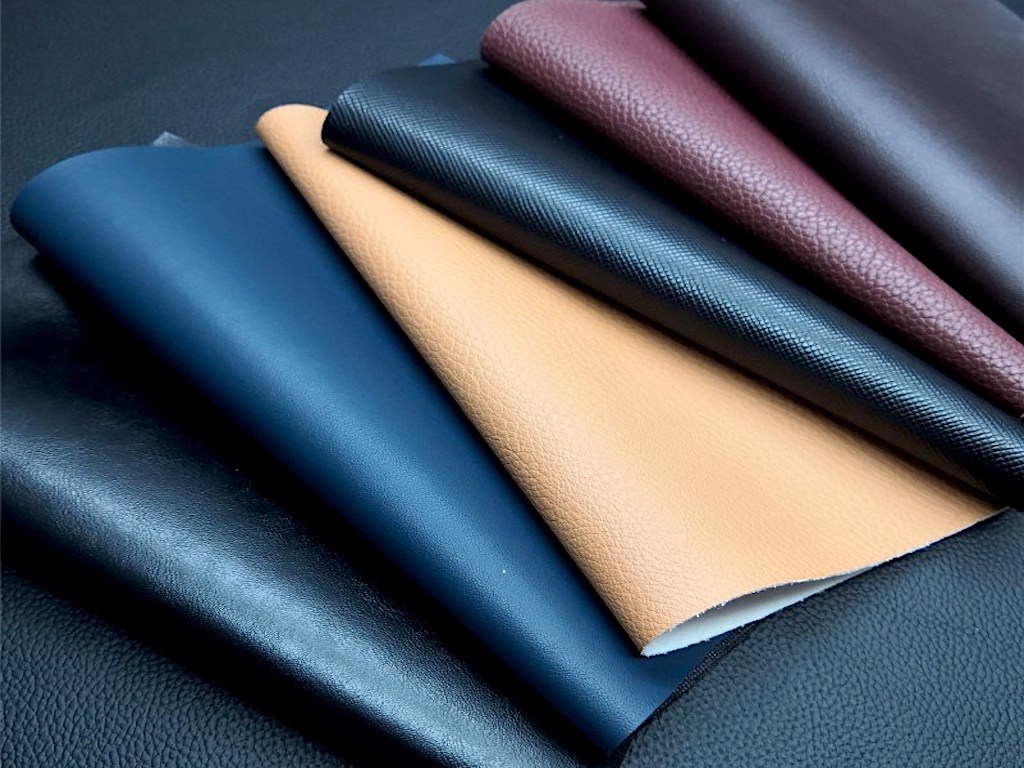3 Mins Read
A new report by Bangalore-based tech solutions company Infinitum Global estimates that the market for vegan leather will reach US$89 billion by 2025, citing the growing consumer awareness about animal welfare as the primary reason for growth, especially in the Asia-Pacific region. The study also reveals that as consumers become more concerned about sustainability, the sector will be driven to innovate more eco-friendly types of vegan leather alternatives, which for now tend to be plastic-based products that have a shorter lifespan than traditional animal-based leather.
Global demand for vegan leather will continue to rise by an annual rate of 49.9% to reach US$89.6 billion by 2025, Infinitum Global analysts predict. The primary reason for its rapid growth will be the evolving awareness about animal welfare and rights, which will send consumers looking for more animal-free products, especially in the footwear, garments and furniture industries.
Asia will be the predominant driving force of the market, says the report. While animal cruelty regulations may already exist in Europe, these policies are likely to become more stringent over time and will also begin to surface in the Asia-Pacific, particularly as more consumers become inclined to purchase animal-free products made from synthetic vegan leather in the region.
This projected growth in Asia will take place as the continent experiences a rapid rise in population and disposable income, especially in China and India. Although North America and Europe will continue to see stable substantial growth owing to the cruelty-free consumer trend, the Asian market is expected to propel the majority of the growth rate as middle-income earners begin to shun conventional animal-based products.
The report also finds that mounting concerns over the environmental impact of traditional leather will be another factor driving the ascent of vegan leather. This will work to incentivise greater innovation in the sector, as current versions of vegan leather tend to have a shorter lifespan compared to conventional animal-based leather and are less durable to heat exposure and moisture.
Concerns about thes sustainability of vegan leather will therefore promote tech development to create more sustainable materials that are less susceptible to wear and tear, as well as leather substitutes that require less plastic and use fewer synthetic treatments such as bleach, which contributes to fossil fuel production and water contamination.
Consumer trends highlighted in the report are already underway globally, particularly in the realm of cruelty-free, sustainable and vegan fashion. Globally, vegan-friendly sustainable fashion businesses are experiencing a watershed year, with independent boutique brands and fast fashion giants offering more alternative choices to conscious shoppers.
Iconic footwear brand Dr. Marten’s, for instance, saw the sales of its vegan boots skyrocket by an astonishing 279%. Meanwhile, Swedish fast fashion behemoth H&M will be making a number of eco-friendly and plant-based products using vegan leather derived from wine waste, and global sportswear giant Reebok revealed its launch for the first plant-based performance running shoe.
Most recently, London-based sustainable label Luxtra has partnered with Dutch company FruitLeather Rotterdam to create a new collection of vegan leather handbags made from leftover mangoes that would otherwise be thrown away as waste.
In response to the spike in demand for ethical, cruelty-free and sustainable vegan products, a number of certification bodies have launched new standards and guidelines to verify businesses in the fashion industry. In February this year, the British Retail Consortium (BRC) set out new guidelines to ensure that vegan fashion items are 100% free of animal and animal-derived products throughout the supply chain of the brand.
It follows the move by Friend of the Earth, a certification body of the World Sustainability Organisation (WSO), to launch a new standard for sustainable fashion which covers sourcing, production methods and waste reduction amongst its requirements.
Lead image courtesy of CignoLeather.




